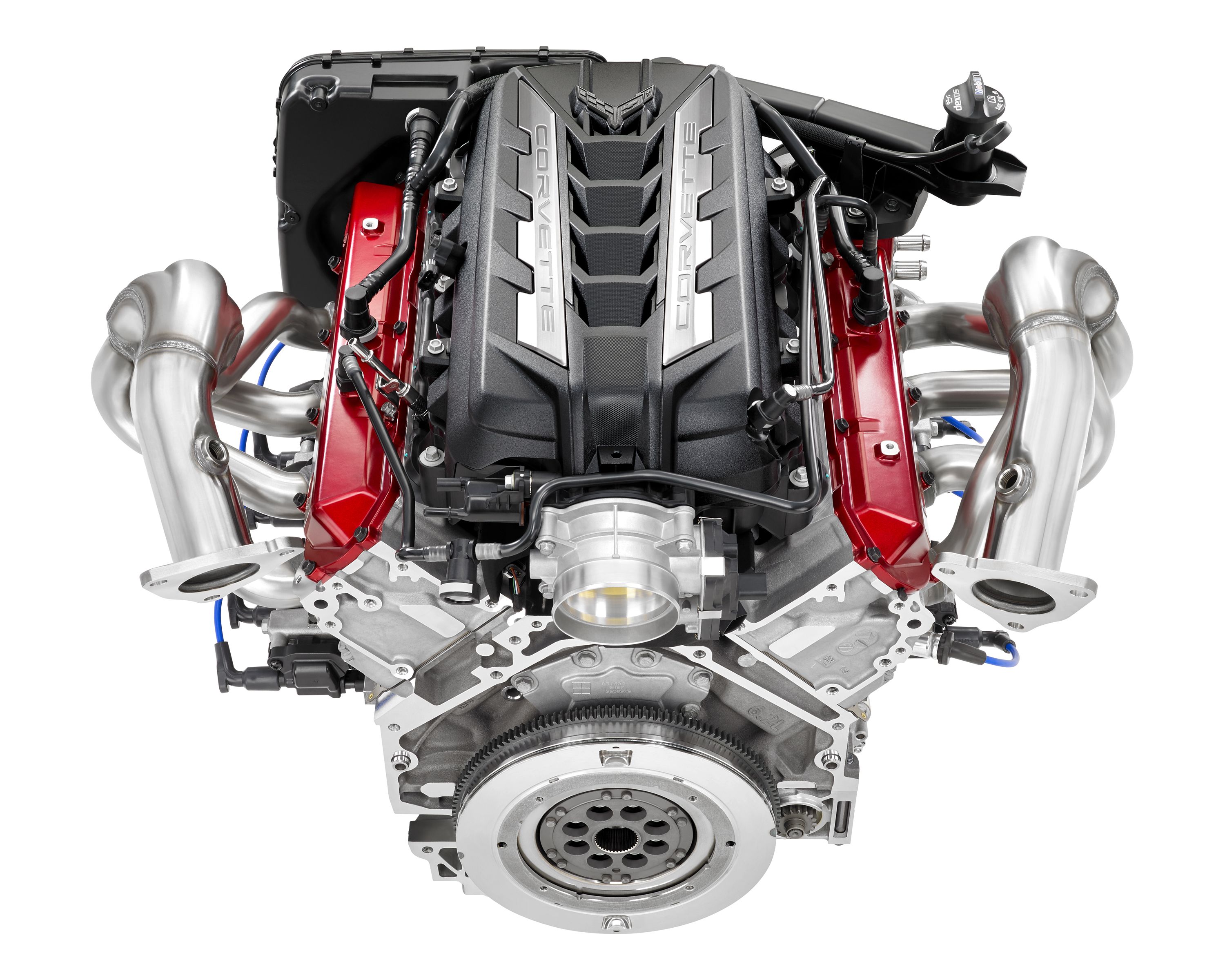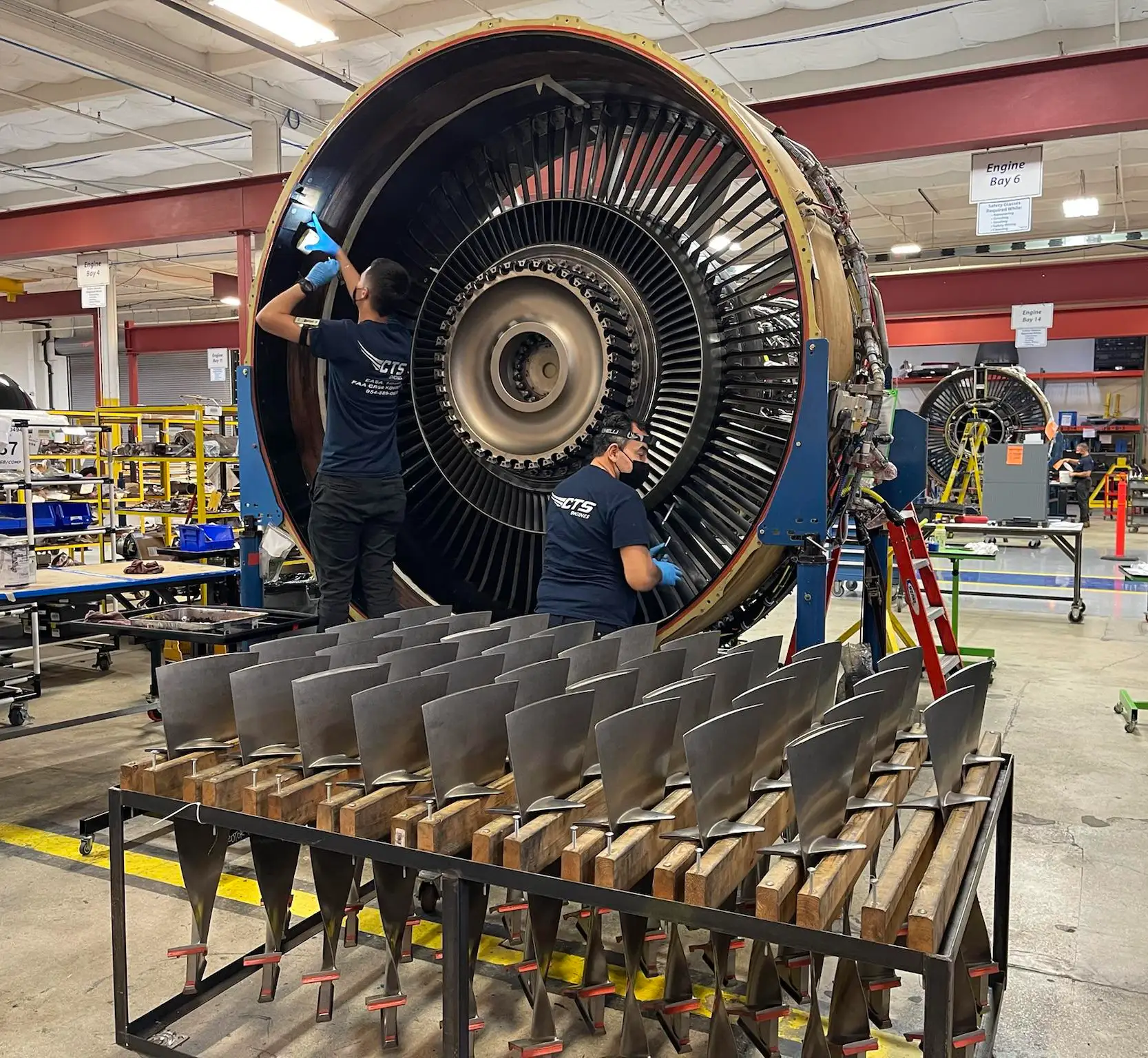What Sets Engines For Africa Apart in the Market
What Sets Engines For Africa Apart in the Market
Blog Article
Check Out a Wide Variety of Engines for each Automobile and Purpose
The auto landscape is increasingly complex, with a diverse range of engine types designed to satisfy certain efficiency and efficiency requirements throughout numerous vehicle groups. From the high-performance engines that power sporting activities cars and trucks to the fuel-efficient alternatives customized for everyday commuting, the choices are large and varied. Additionally, sturdy engines serve the needs of job automobiles, while environmentally friendly alternatives are gaining grip in the search of sustainable transport. Comprehending these distinctions is important for making notified decisions, particularly as arising modern technologies continue to shape the future of vehicle engineering. What implications might these advancements hold for customers and manufacturers alike?
Sorts Of Automotive Engines
Automotive engines can be classified into a number of distinct kinds, each developed to fulfill specific efficiency and efficiency needs. The most typical groups consist of internal combustion engines, electrical engines, and crossbreed systems.

Electric engines, on the various other hand, operate electrical power stored in batteries, supplying instant torque and absolutely no discharges. These engines are coming to be significantly prominent due to innovations in battery innovation and the expanding focus on sustainability.
Hybrid systems combine both interior burning and electrical engines, enabling lorries to enhance gas performance and decrease discharges by seamlessly switching over in between power resources. Each engine kind provides its advantages and disadvantages, influencing elements such as automobile design, planned usage, and market demand. Comprehending these distinctions is vital for consumers and makers alike when selecting the suitable engine for their certain requirements.
Efficiency Engines for Sports Cars
Performance engines for cars are specifically crafted to provide boosted agility, power, and rate, setting them aside from typical automotive engines. These engines often utilize innovative technologies such as turbocharging, supercharging, and variable valve timing to optimize effectiveness and responsiveness.
Usually, efficiency engines are created with higher compression ratios, which enable better power removal from fuel. This results in remarkable horse power and torque numbers, allowing rapid velocity and greater leading speeds. Furthermore, the light-weight materials used in these engines, such as aluminum and carbon fiber, add to decreased overall car weight, enhancing handling and maneuverability.
Engine configurations like V6, V8, and even hybrid systems are usual in performance cars, each offering distinct benefits in regards to power delivery and driving dynamics. The tuning of these engines is also critical; numerous suppliers enhance the engine management systems to provide an electrifying driving experience, commonly including sporting activity modes that readjust throttle response and gear changes.
Efficient Engines for Daily Commuters
In the world of everyday commuting, reliable engines play a crucial duty in enhancing gas economic situation and lessening exhausts while offering trustworthy performance. As city populaces grow and environmental problems increase, the need for vehicles geared up with reliable powertrains has risen.
Modern engines made for daily commuters usually incorporate innovations such as turbocharging, straight fuel shot, and hybrid systems. Turbocharging improves engine performance by compeling more air right into the burning chamber, allowing for smaller, lighter engines that do not jeopardize power output. Straight gas shot boosts gas atomization, resulting in much better burning and boosted performance.
Crossbreed engines, combining inner burning with article electric power, further augment fuel economy, especially in stop-and-go website traffic, where typical engines can deal with inefficiencies. Electric electric motors help during acceleration and can operate independently at low speeds, decreasing overall fuel intake.
Furthermore, developments in engine administration systems and lightweight products add significantly to reliable engine layout. By concentrating on performance, toughness, and ecological sustainability, producers continue to deliver engines that not only meet the needs of everyday commuting but also align with international efforts to reduce carbon footprints.
Heavy-Duty Engines for Work Vehicles
Sturdy engines for work vehicles are regularly engineered to provide phenomenal torque and dependability under demanding conditions. These engines are made to execute in settings where typical engines might fail, such as building and construction sites, logging procedures, and farming settings. The key focus of sturdy engines is their capacity to create high levels of power while keeping sturdiness over prolonged periods of procedure.
Normally, heavy-duty engines make use of sophisticated materials and durable construction strategies to endure the rigors of hefty workloads. Functions such as enhanced cylinder blocks, enhanced air conditioning systems, and progressed fuel shot technologies add to their efficiency. These engines usually operate at lower RPMs, which helps to enhance gas performance while offering the required power for towing and transporting.
Along with mechanical robustness, durable engines are usually outfitted with advanced digital control devices (ECUs) that manage performance, emissions, and find more diagnostics. This combination permits far better surveillance and maintenance, guaranteeing that work automobiles continue to be operational and effective.
Inevitably, sturdy engines are a crucial component in the efficiency of different sectors, providing the needed power and integrity to take on the hardest of jobs.
Eco-Friendly Engine Options
The expanding emphasis on sustainability has resulted in the advancement of environment-friendly engine choices that focus on minimized exhausts and enhanced gas efficiency. These engines are designed to lessen the ecological impact of vehicles while still providing the efficiency and dependability anticipated by customers.
Amongst one of the most noteworthy green choices are electric and hybrid engines. Hybrid engines combine standard inner burning engines with electrical propulsion, enabling lowered fuel intake and lower greenhouse gas emissions. Electric engines, on the other hand, operate entirely on battery power, generating absolutely no tailpipe emissions and adding to cleaner air quality.
One more promising development is the advancement of biofuel engines, which make use of renewable sources, such as plant materials, to power automobiles (Engines company website For Africa). By making use of biofuels, these engines can minimize dependency on fossil fuels and reduced overall carbon footprints

As the automobile sector develops, green engine options will play a crucial function in driving the change in the direction of even more sustainable transportation services.
Final Thought
The automobile sector provides a varied selection of engines developed to fulfill various vehicle needs and functions. From high-performance engines that enhance sporting activities automobile capabilities to efficient designs focusing on fuel economy for everyday travelers, each type serves a specific function. Sturdy engines accommodate durable work automobiles, while environment-friendly alternatives, such as electric and biofuel engines, promote lasting transportation. This detailed range makes sure that all driving needs are addressed, adding to developments in vehicle innovation and ecological stewardship.

Report this page